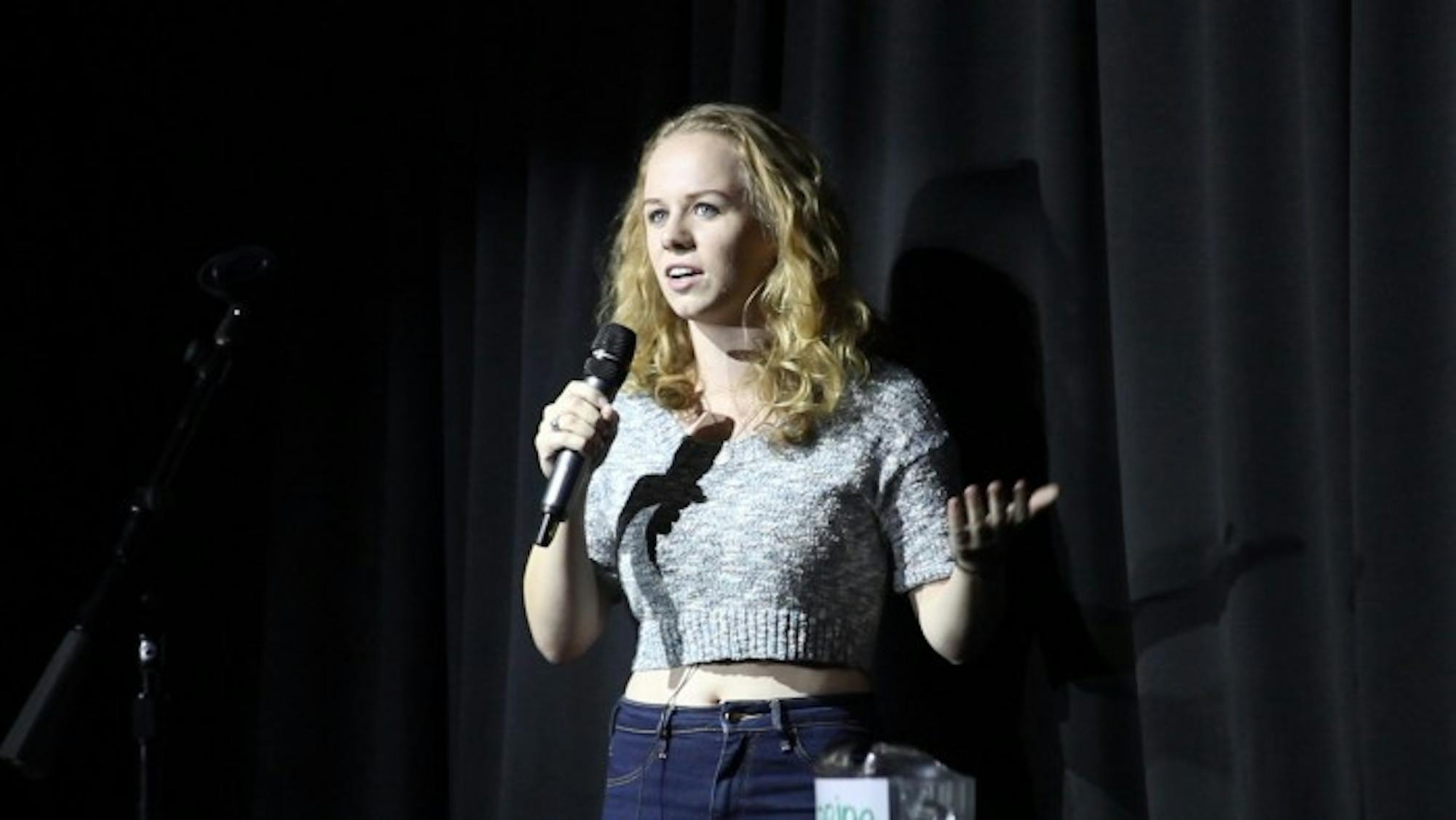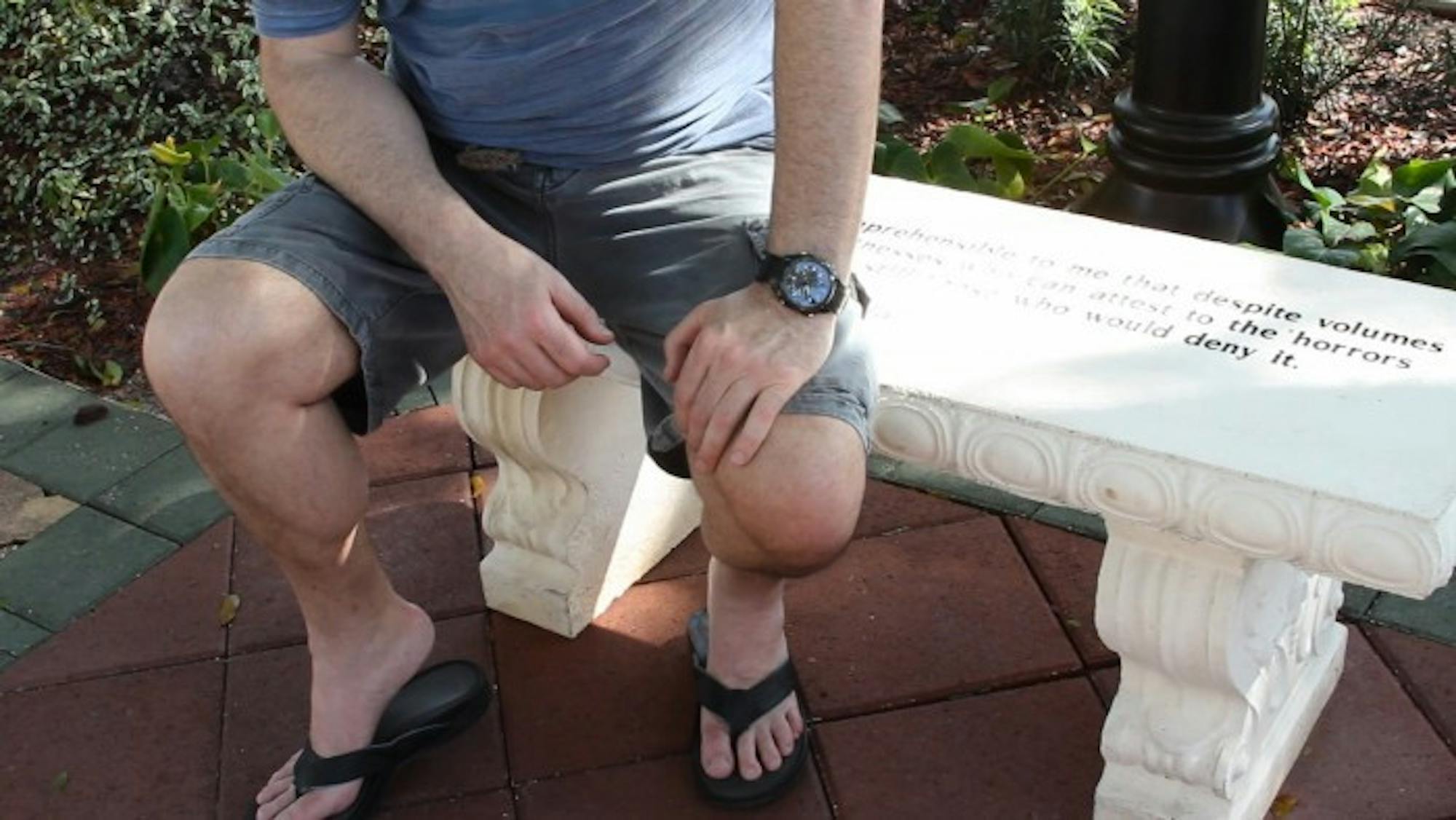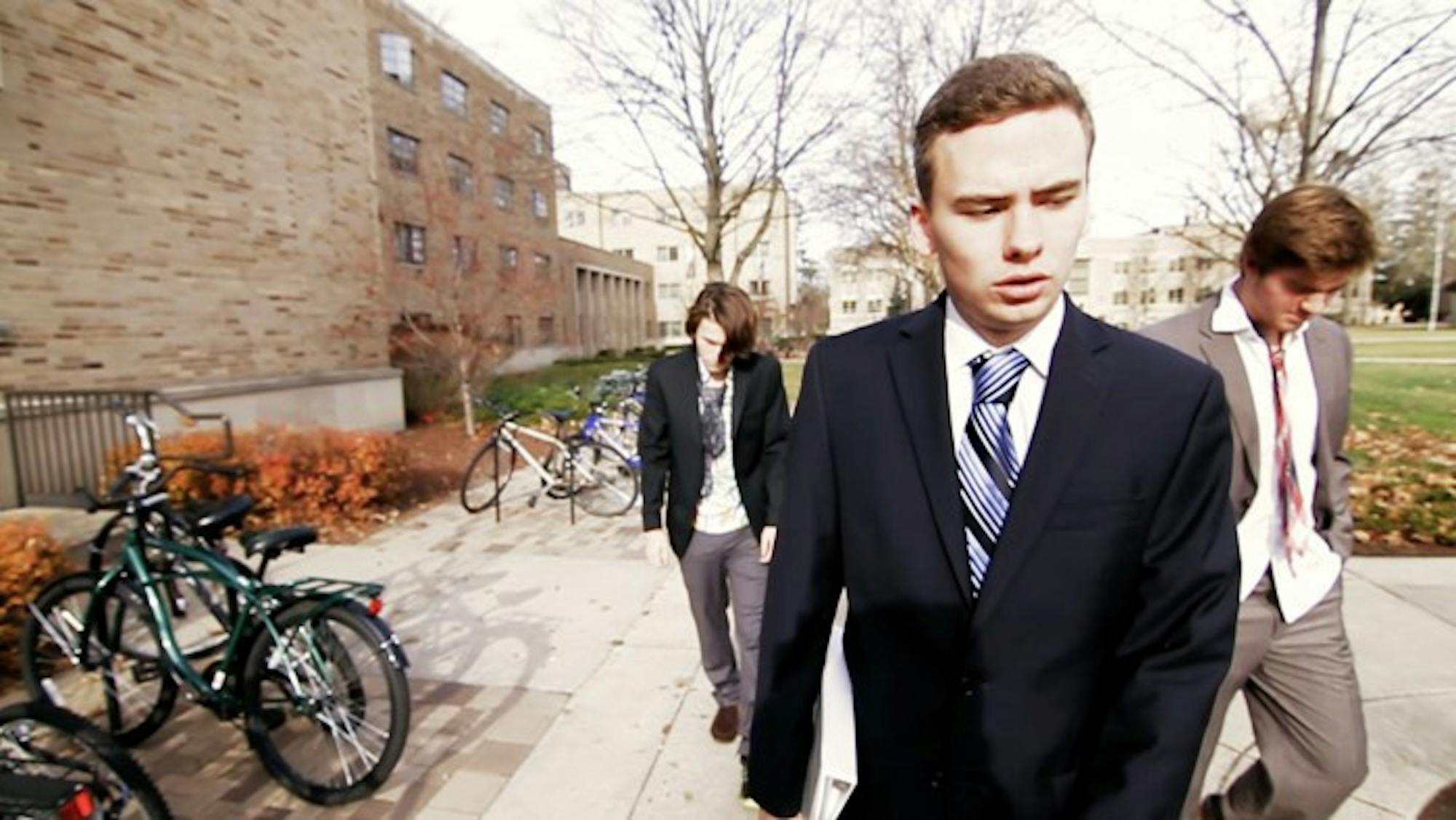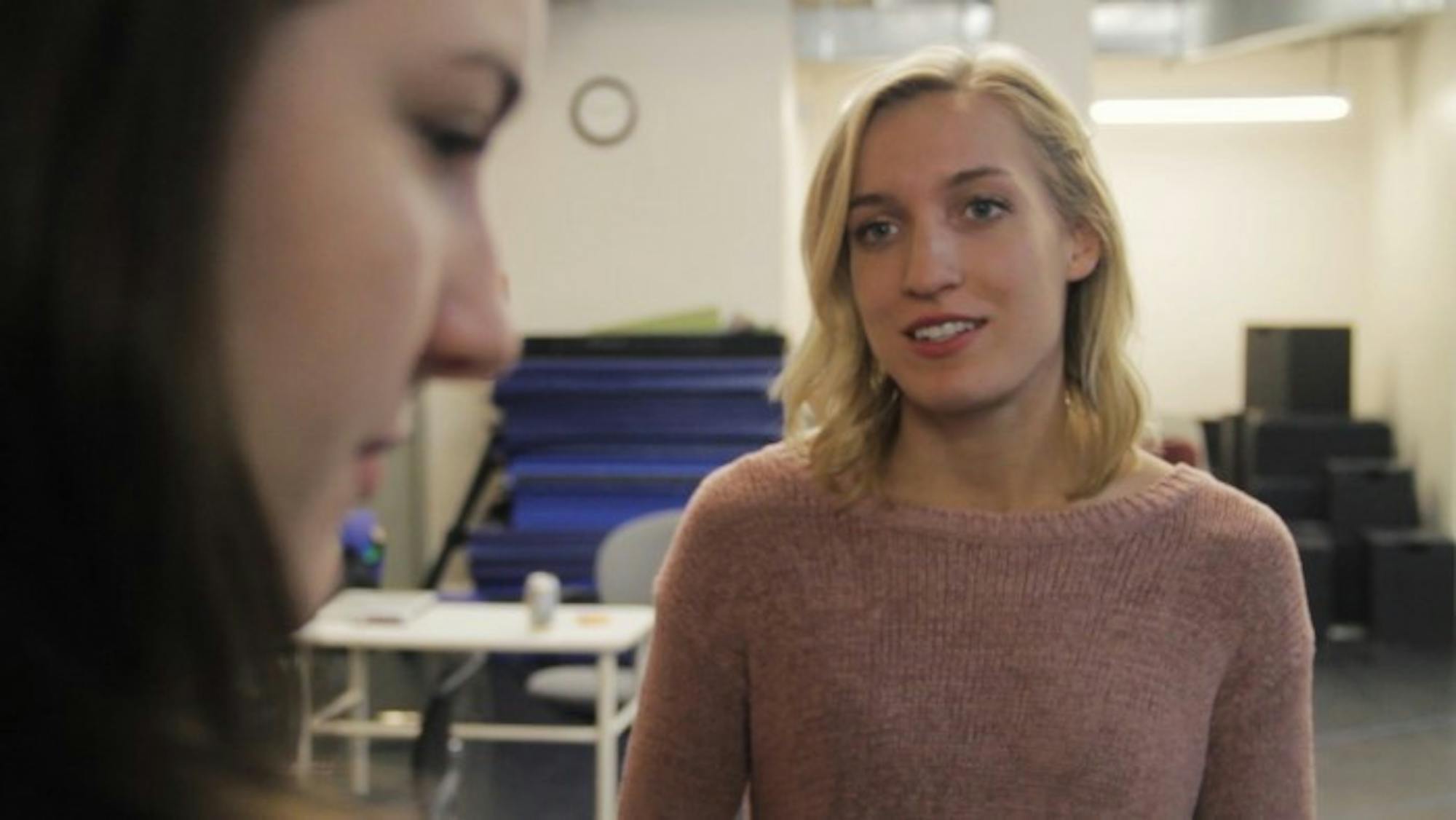
Janice Chung | The Observer
Janice Chung | The Observer
The 27th Annual Notre Dame Student Film Festival is coming to the Debartolo Performing Arts Center starting Friday, and with it the promise of laughs, smiles and tears.
According to Ted Mandell, the Film, Television and Theatre (FTT) professor in charge of the event, the festival can act as a launching point for students’ careers in the film industry.
“The student film fest is really that moment when a semester project in class turns into an actual film,” he said. “It's not your homework anymore. It's a work of art with a captivated audience. And after premiering here, it can gain new audiences at film festivals all over the country and around the world.”
Mandell’s words are far from empty praise. Consider 2002 FTT graduate Peter Richardson: his initial foray into documentary filmmaking, “Racist,” was featured in the 2002 Student Film Festival. Since then, he has earned the Grand Jury Prize at the 2011 Sundance Film Festival for his documentary “How To Die in Oregon,” and now he’s slated to direct “Dark Net,” a documentary series for Showtime.
This year’s festival is brimming with just as many talented filmmakers as previous years, all of them unafraid to explore disparate genres from documentary to comedy. Moira Hamilton and Maddie Landon venture into science fiction in “Glitch;” Lauren Josephson, Camille Muth and Zach Ostapchenko explore fantasy in “Five Simple Steps;” Anna Gonzalez finds the method behind the humor of the Notre Dame Student Standups in the documentary “Spark of Madness.”

Still of "Spark of Madness," Filmmaker Anna Gonzalez
This batch of students is confident in pushing more than just the formal limits of filmmaking. They are also turning inward with resolve, shedding light on difficult, human stories.
In particular, the documentary “patrolling sandy hook” investigates the actions of conspiracy theorists who claim the Sandy Hook Elementary School shooting was a fabrication — they’re called Sandy Hoaxers, and their moniker is the only clever thing about them. Nonetheless, directors Caroline Clark and Kelly Quinn do an admirable job of not passing judgment during their personal interactions with the hoaxers. Hoaxers like Wolfgang Halbig will infuriate viewers, but Clark and Quinn remain even-keeled.
The duo displays even more restraint when documenting their interactions with Lenny Pozner, the father of the youngest child killed in the shooting. Close-ups of Pozner’s feet and hands fill the screen and obscure his identity, yet his closely mic'd dialogue provides an intimate and direct window into his heart and soul.

Still of "patrolling sandy hook," Filmmakers Caroline Clark and Kelly Quinn
In “No Presentation,” Eric Ways and John McDonough tell the story of a panicked college student convinced he’s going to have to drop out of school if he can’t get his two incredibly hungover group members to their business presentation on time. The juxtaposition of the main character’s almost obsessive personality with the complete apathy of his project partners is hilarious and made all the more absorbing by the piece's creative filming techniques.
“John and I wanted the film to feel like people would be drunk watching it,” Ways said.

Still of "No Presentation," Filmmakers Eric Ways and John McDonough
The piece will certainly leave you wondering what, if anything, was real.
Filming the pieces themselves is often as much of an adventure as the finished product. Complications with equipment, location and actors often arise to make trouble for filmmakers.
“Trying to do the last scene, I remember going out and telling the campus landscape people to turn off their equipment for five minutes so we could finish [filming],” Ways said.
In a different vein, Emily Dauer and John Haley combined their talents to produce “Platonica,” a beautiful exploration of a college relationship between two women that went wrong, but perhaps still has a chance. Each shot of the film is gorgeous, and the accompanying music perfectly conveys the overall mood of longing and hoping. Students will recognize some of the settings of the scenes from around campus and South Bend.
“We really wanted our film to have a slice-of-life feel, to have characters who felt very real and natural and who the audience could relate to,” Haley said. “We hoped for our film to function as a sort of chronology of a relationship, a set of excerpts from the personal stories of the characters that still came together to form a cohesive film narrative.”

Still of "Platonica," Filmmakers Emily Dauer and John Haley
With films ranging from comedic to melancholic, the film festival has something for everyone. Festival-goers will even be able to vote for their favorite film through text, and the most popular film will be awarded the Audience Choice Award.
The Notre Dame Student Film Festival will take place at 6:30 p.m. and 9:30 p.m. Friday and Saturday, and 7:00 p.m. Sunday in the Browning Cinema at the DeBartolo Performing Arts Center.









